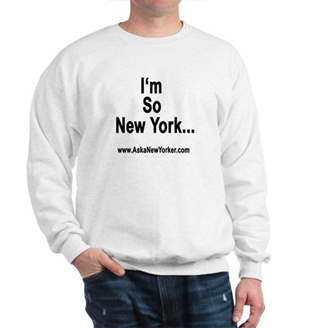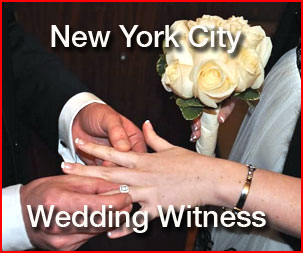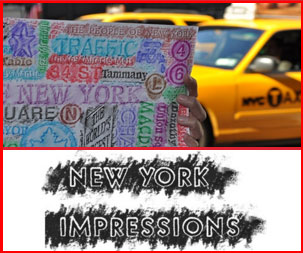Maybe you’ve noticed. New Yorkers have a way of communicating that’s a little different from people in other places. We have words, expressions and pronunciations (some might even say mispronunciations) that are unusual, if not entirely unique.
But even we don’t all speak alike, thank God. Our education, culture, background, creativity, social situation, status and number of drinks we’ve had all influence how we speak.
One reason New Yorkers talk funny is because New York has been around a long time and a lot of people have had a hand in creating this place. The Dutch, Germans, Italians, Irish, Jews, Arabs and others also left their mark on our language. Even criminal types have left our language richer, so to speak. And since we’re a major city that attracts people from all over the world, New Yawk tawk will continue to evolve with contributions from others. Maybe even you.
One thing visitors notice right away: New Yorkers talk fast. So we tend to blend our words together. We say things like dijuh instead of did you, hizzona instead of his honor (the Mayor), whatchawantado instead of what do you want to do, shoulda for should have, and the current media favorite fuhgeddaboudit instead of forget about it.
Sometimes we use initials to speed things up. Like GWB for George Washington Bridge and LIE for the Long Island Expressway. But not always.
The Brooklyn Bridge is and always will be The Brooklyn Bridge.
Maryam Bakht-Rofheart, an Adjunct Asst. Professor of Linguisitics at Long Island University’s Brooklyn campus, points out that we New Yorkers also have a tendency to drop our “r”s. So water becomes wautah … and fork becomes fawk. She also noted that we often pronounce our “o”s like “aw” which results in New Yawkisms like cawfee for coffee. There’s also the classic New Yawk bar call: Howboutabeeah!
In old movies, they always had New Yorkers using Brooklynese … saying funny words like dese, dem, dose, mudda, brudda, fadda. You don’t hear these much today—not even in Brooklyn—although people still use them. Today, movies and shows like The Sopranos are more likely to use “mobspeak” … words like whack (murder), crank (a term for the drug speed or crystal meth, cleaner (a specialist who cleans up evidence at a crime scene) and pump and dump (a scheme to push up the price of a stock, then sell for a profit before it tanks).
If there were a New Yawk Tawk Hall of Fame, Yiddish would deserve a wing all its own. Thanks to Yiddish we have a gazillion great words and expressions that capture the unique attitude and swagger of New Yawk. Words like shmeer (most often referring to a big glob of cream cheese, spread on a bagel, but not always), schmegeggy (a jerk), schlemiehl (a luckless stumbler), shtik (a routine, like a comedian’s act) and of course shlepp (carry or lug something or yourself). That’s just a few of the “s” words. There’s tons more including expressions like go figure (something that defies logic) and no-goodnik (a low-life).
New Yorkers have invented some great words and expressions. Gridlock (when our intersections are so congested, traffic comes to a halt), Manhattan Eel (a euphemism for a used condom, usually floating in New York waters) and Jewish penicillin, a colorful reference to chicken soup.
The expression, put da kibosh on it, meaning to end it, is classic New Yawk tawk, attributed to a Gaelic expression for the cloth used to cover the face of the dead. And wuddentchaknowit, some New Yorker even coined the term hot dog. We can also take credit for expressions like up the river (a euphemism for going to jail) and the all-time classic, drop dead —which loosely translated means beat it, getouddahere, you’re bothering me.
Some also claim New York is the Capital of Obscenity. Okay, we’ll admit that even we drop the F-Bomb every once in a while. But what the —-? Doesn’t everyone? According to Professor Bakht-Rofheart, it’s just that in such a big city, with so many people, cursing isn’t as big a deal here as it is in places like Kalamazoo or Kankakee. “We have a higher threshold for that sort of thing, that’s all” she laughs.
Of course, with so many tv shows and movies produced here, New Yawk Tawk is constantly spreading. Before you know it, everybody will start to sound like us. But there’s still one thing that separates a real New Yorker from all those wannabes from the Left Coast or Houston or Miami or just about anywhere else in the U.S. It’s the expression wait on line. Yep. Bakht-Rofheart says that virtually everywhere else in the country people say wait in line.
But, hey, what do they know? They’re aren’t New Yorkers.











